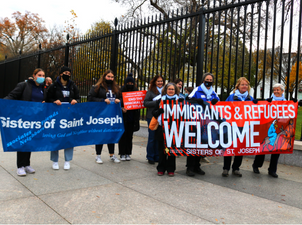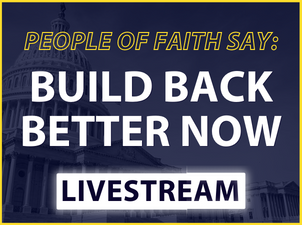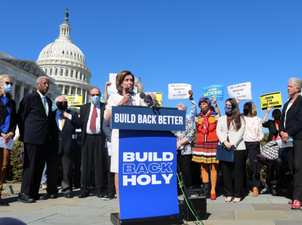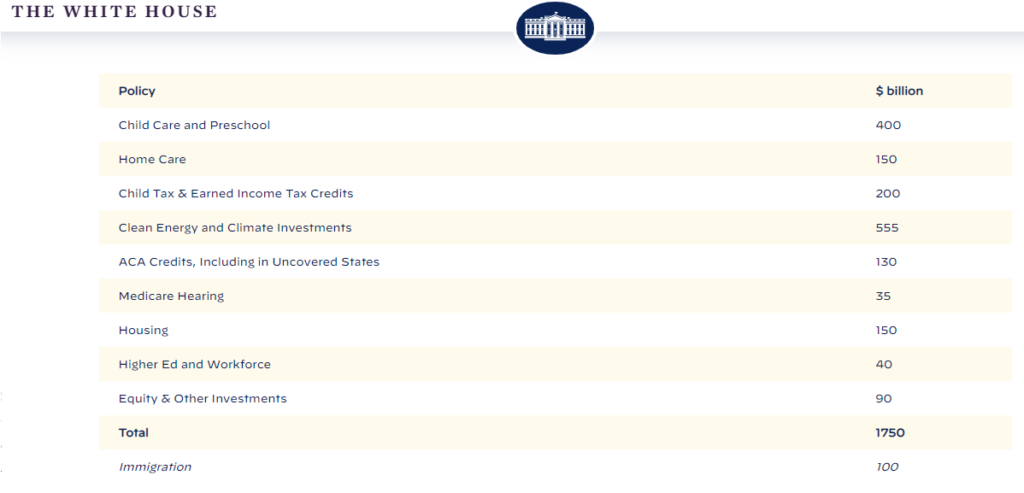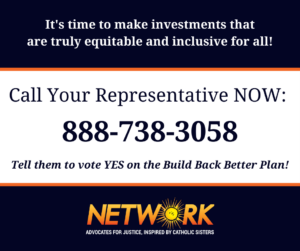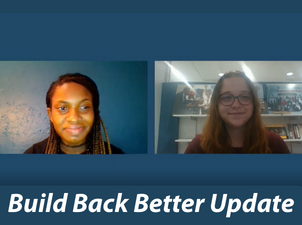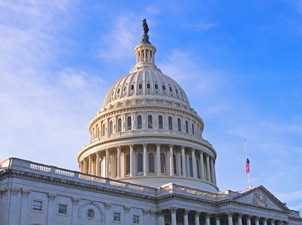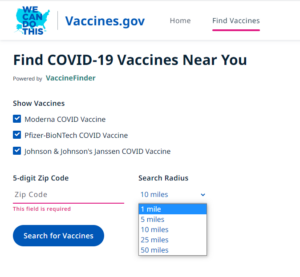
Unnecessary and Harmful: The Security Bars and Processing Rule
Ronnate Asirwatham
February 17, 2022
While the preposterous Title 42 expulsion policy and ‘Remain in Mexico’ policy continue at the border, we are very concerned that the Biden Administration would install yet another Trump Era policy – Security Bars and Processing Rule.
In December 2020, one of the Trump Administration’s last acts on immigration was to propose the Security Bars and Processing Rule to go into effect in 2021. This rule would label asylum seekers a “danger to the national security of the United States” merely because they transited through or come from a country with a communicable disease, or exhibit symptoms “consistent with” such disease. This is ANY communicable disease ranging from the flu, to cholera, to HIV AIDS — not just COVID-19. Under the rule, covered asylum seekers would be barred from refugee protection in the United States. Which violates both U.S. law and international treaty obligations; all but ensuring their deportation to persecution or torture.
The Biden administration extended the period of comment in 2021 so that it didn’t go into effect then. However, now it is closing the comment period on February 28th, and advocates fear that the administration will then work to make the rule permanent.
A plethora of experts have already highlighted grave concerns that this rule is both fatally flawed and “xenophobia masquerading as a public health measure.” In their comments leading public health experts, including at the Columbia Mailman School of Public Health and Johns Hopkins School of Public Health and School of Nursing, found no public health justification for this sweeping ban. In a comment submitted by Physicians for Human Rights, Dr. Monik Jiménez of Harvard Medical School concluded that the targeting and classification of asylum seekers as a public health threat is “not based on sound epidemiological evidence.” Médecins Sans Frontières/Doctors Without Borders, a humanitarian organization with 50-years’ experience responding to disease outbreaks, characterized the rule as “counterproductive” and noted that “public health measures work best when they are inclusive. They fail when vulnerable people, like migrants and asylum seekers, are excluded.”
As the African Human Rights Coalition commented, the rule “exacerbates racist tropes and myths of immigrants as carriers of disease.” Deeply rooted in eugenics, this ideology echoes throughout this rule. Many LGBTQ groups and HIV advocacy and treatment organizations also expressed alarm that the rule, similar to the discriminatory immigration ban on individuals living with HIV that was finally lifted by the Centers for Disease Control and Prevention (CDC) in 2010, would discriminate “against individuals on the basis of immigration status [and the] countries in which the person has lived or traveled” and would put particularly vulnerable populations such as “women, people from the LGBTQ+ community, and people from ethnic or religious minorities at risk.”
The rule violates U.S. law and treaty obligations, including those adopted by Congress through its passage of the Refugee Act of 1980. The Congressional Hispanic Caucus stressed in its comment that the rule would have “devastating and senseless consequences” for asylum seekers and violate the clear intent of Congress, “reiterated over and over for four decades,” “that the United States provide a meaningful and fair path to protection for those fleeing persecution.” The American Bar Association and the Round Table of Former Immigration Judges, a bipartisan group of dozens of former immigration judges, similarly objected to the rule as inconsistent with domestic and international law.
We urge the administration to withdraw this unjustifiable, illegal, and harmful rule. The Departments have repeatedly paused the rule’s implementation due to ongoing litigation against a related regulation and as they are “reviewing and reconsidering” the rule and “whether to modify or rescind” it. The Departments now request comment on whether to further delay implementation. Ample time to study the legality and impact this baseless ban would have on asylum seekers has already elapsed. There is no need for additional delay. The administration can and must swiftly and completely rescind the rule.







